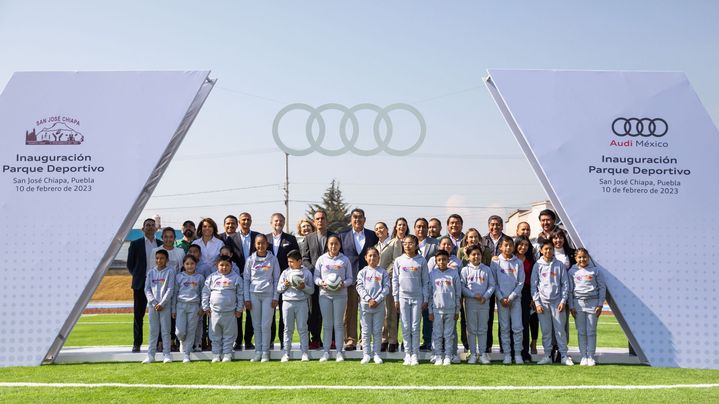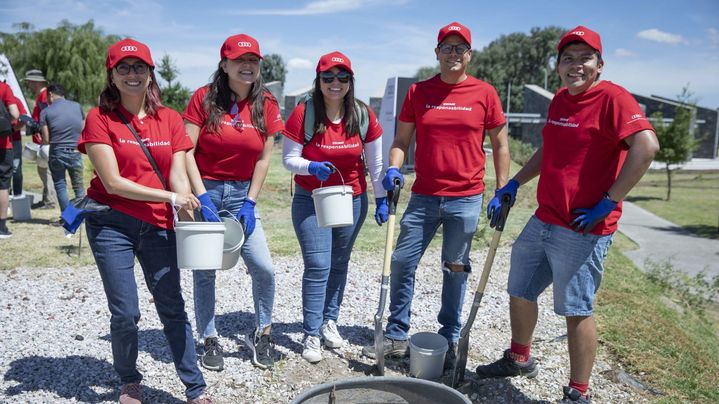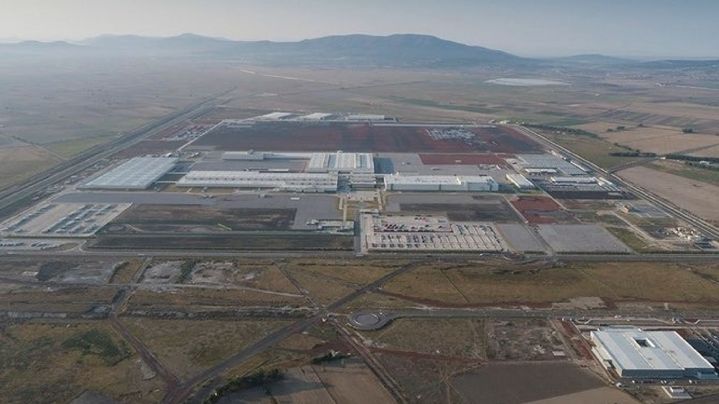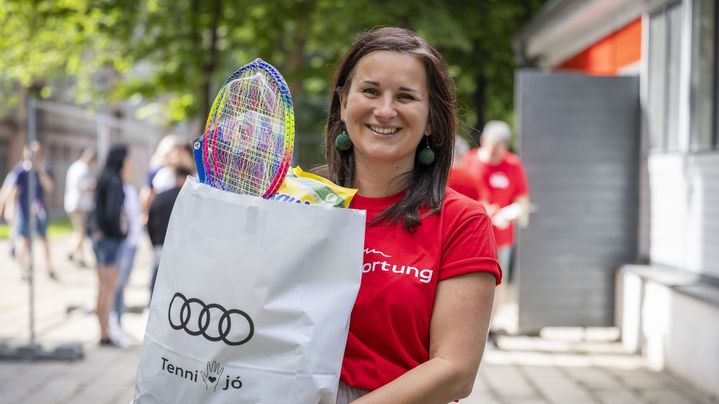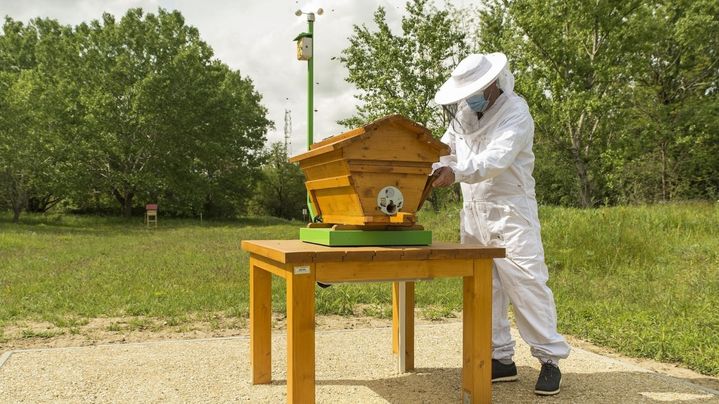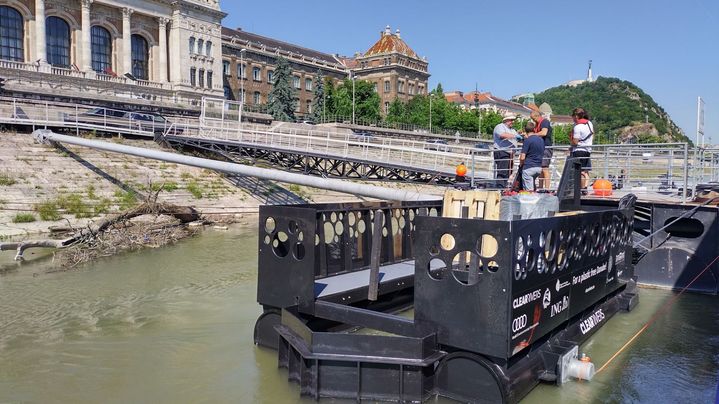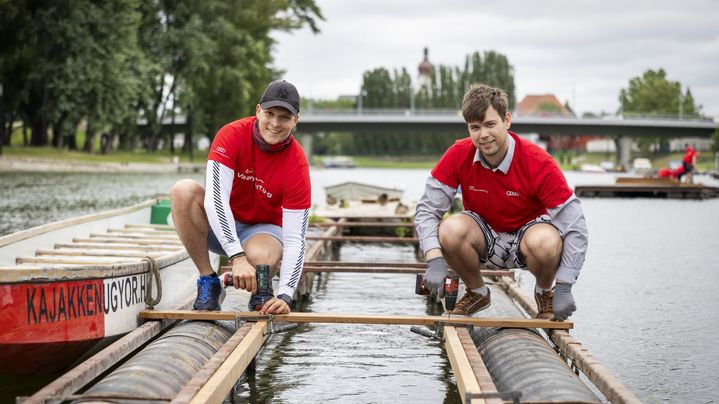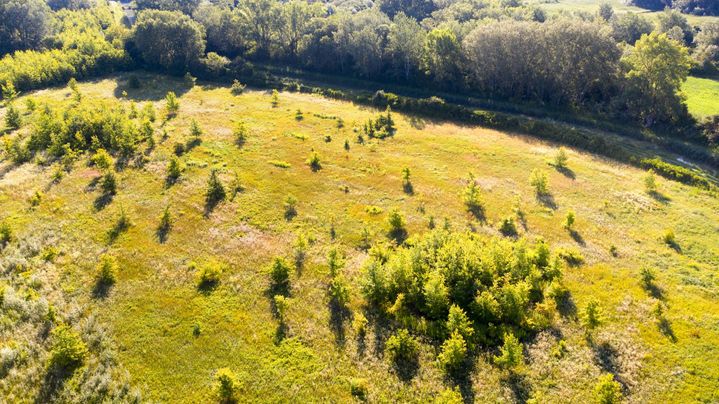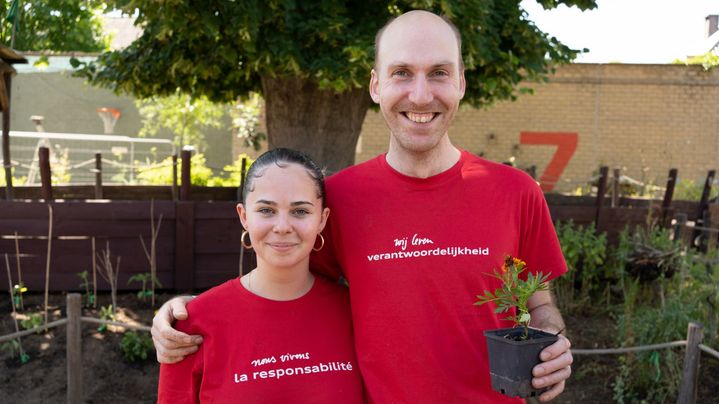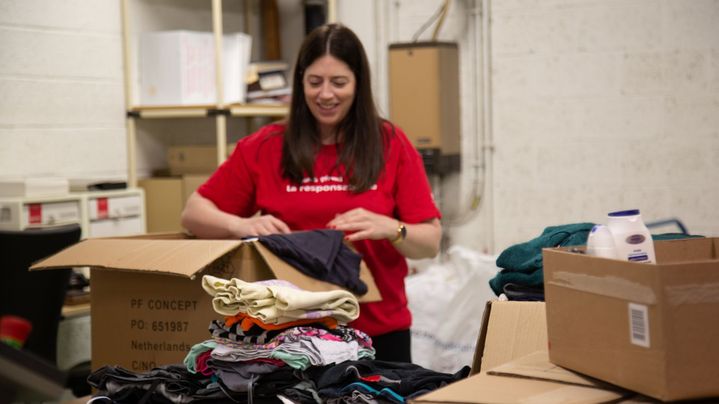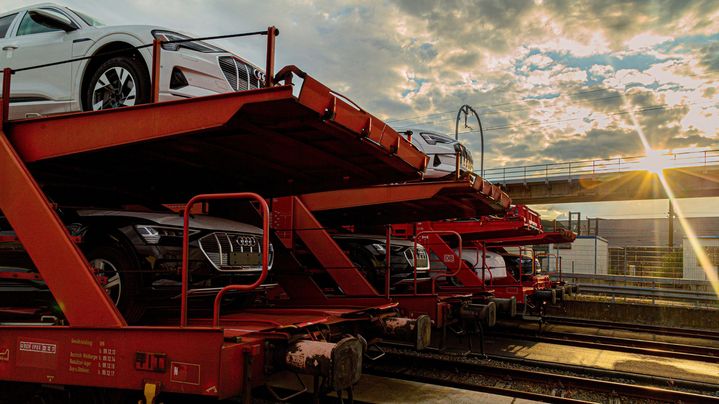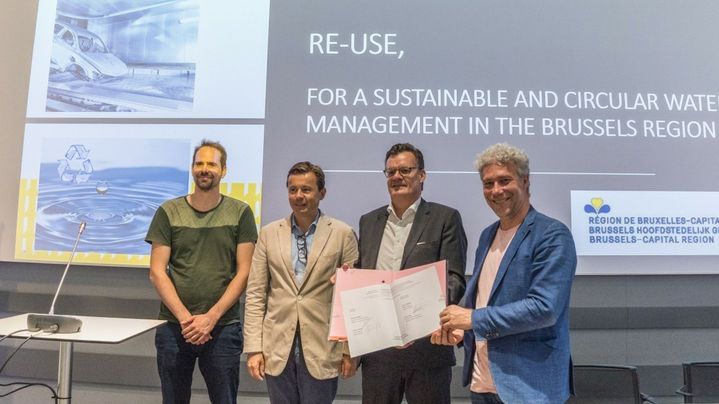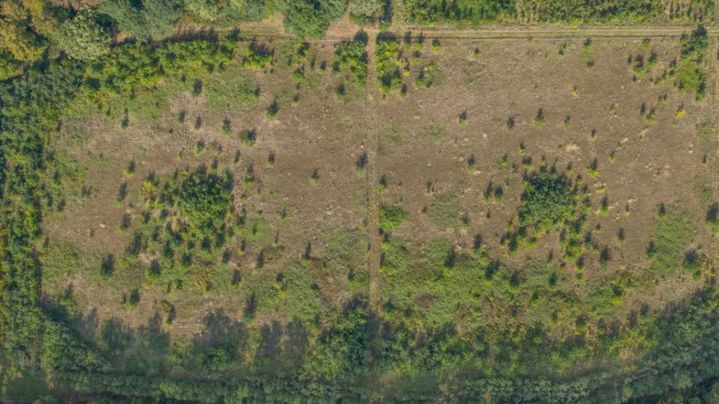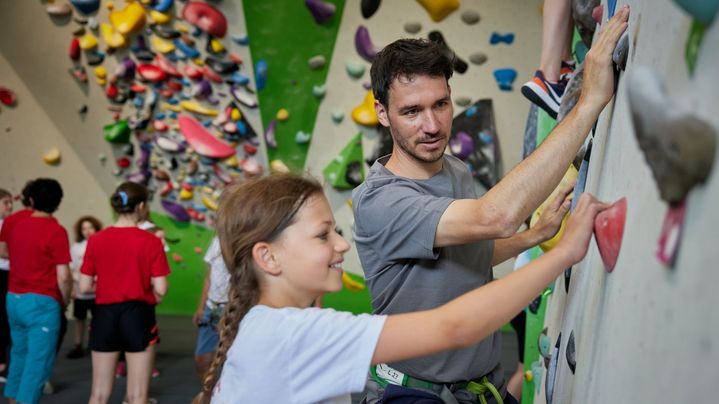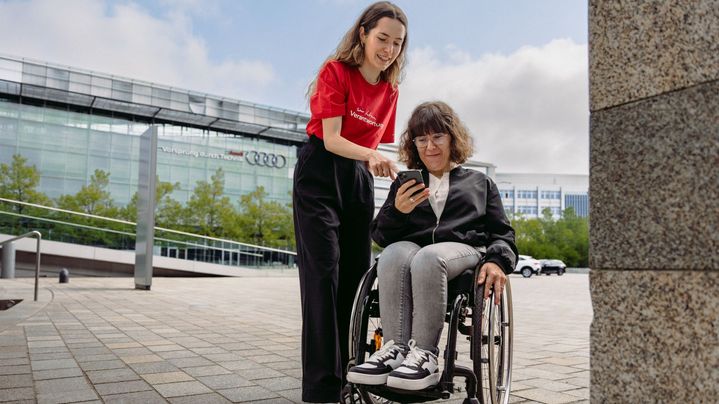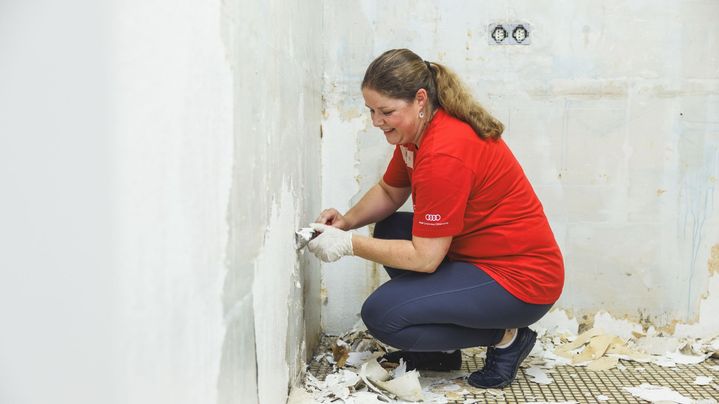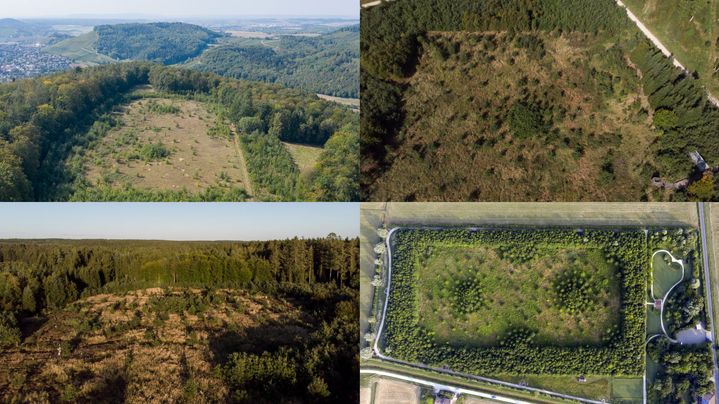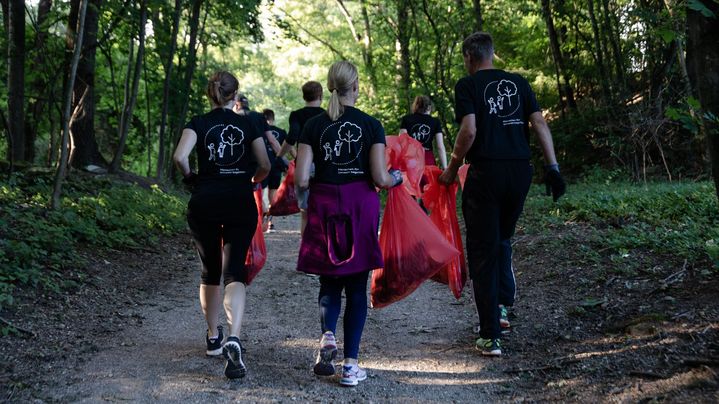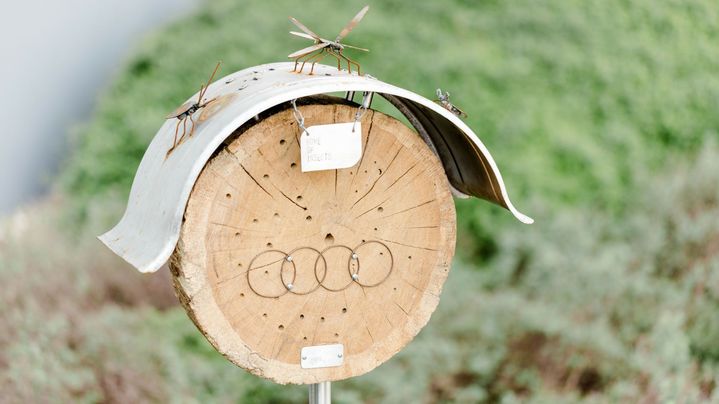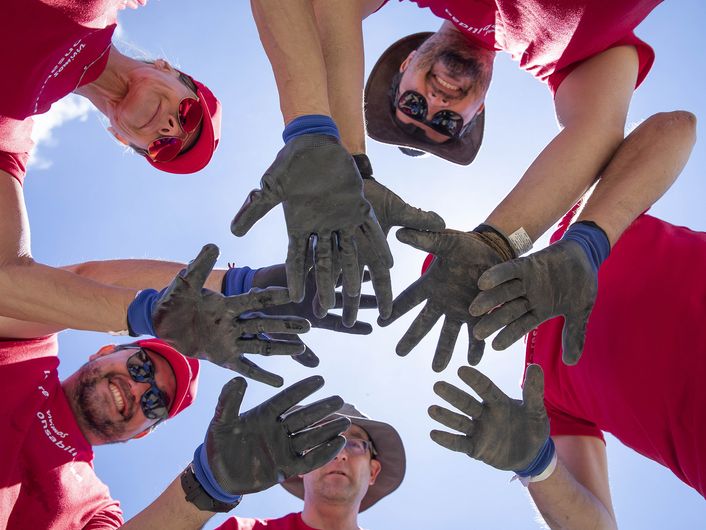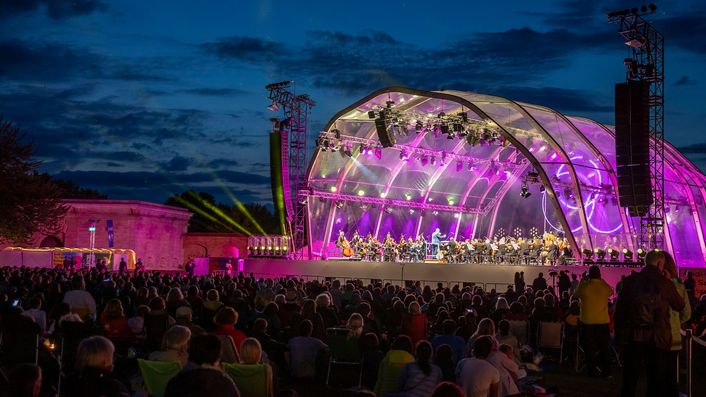Effective engagement

Can you imagine 86,000 people? That would be like a human chain stretching for more than 140 kilometers. The gigantic Estadio Azteca football stadium in Mexico would be filled to capacity and thousands would still be standing between the seats. “Audi has more than 86,000 employees – that’s an impressive figure. But what is more impressive is what our commitment allows us to achieve together at our production locations,” says Ute Röding, Head of Corporate Citizenship (CC) at Audi in Ingolstadt.
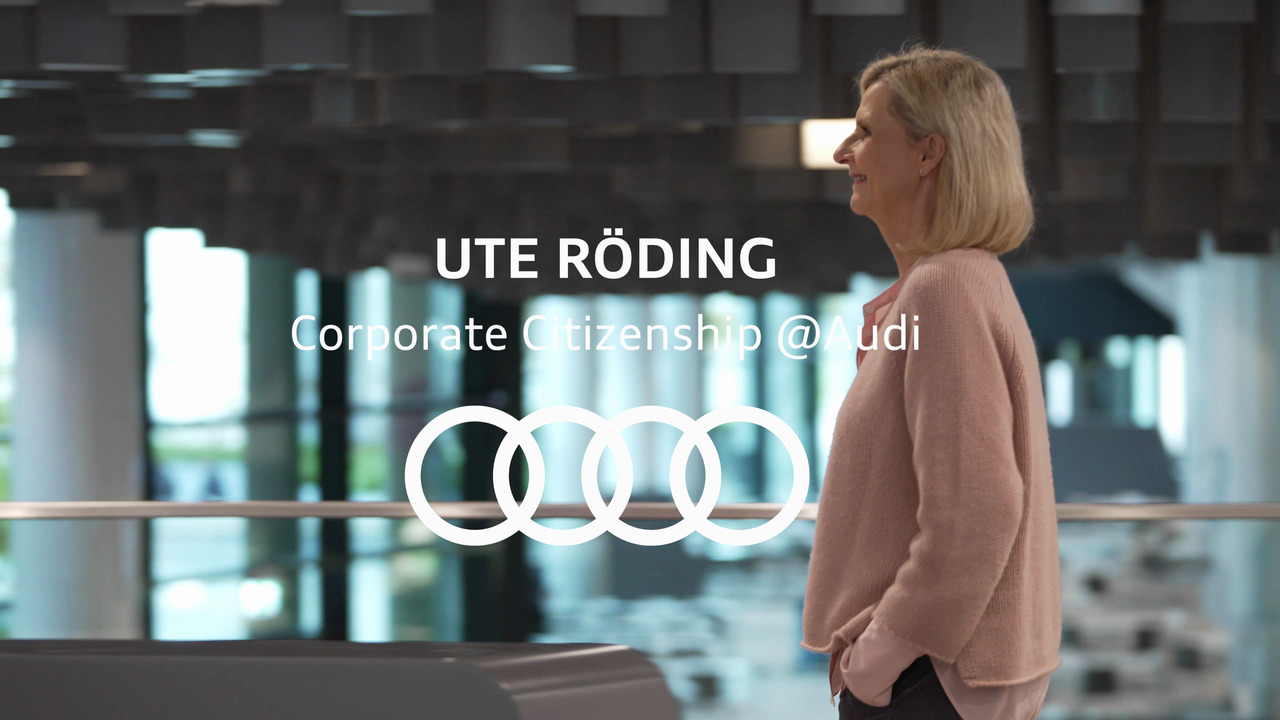
“Audi lives social responsibility. Through our commitment, we contribute to social cohesion and solidarity worldwide. We improve the quality of life through our involvement at the locations.”
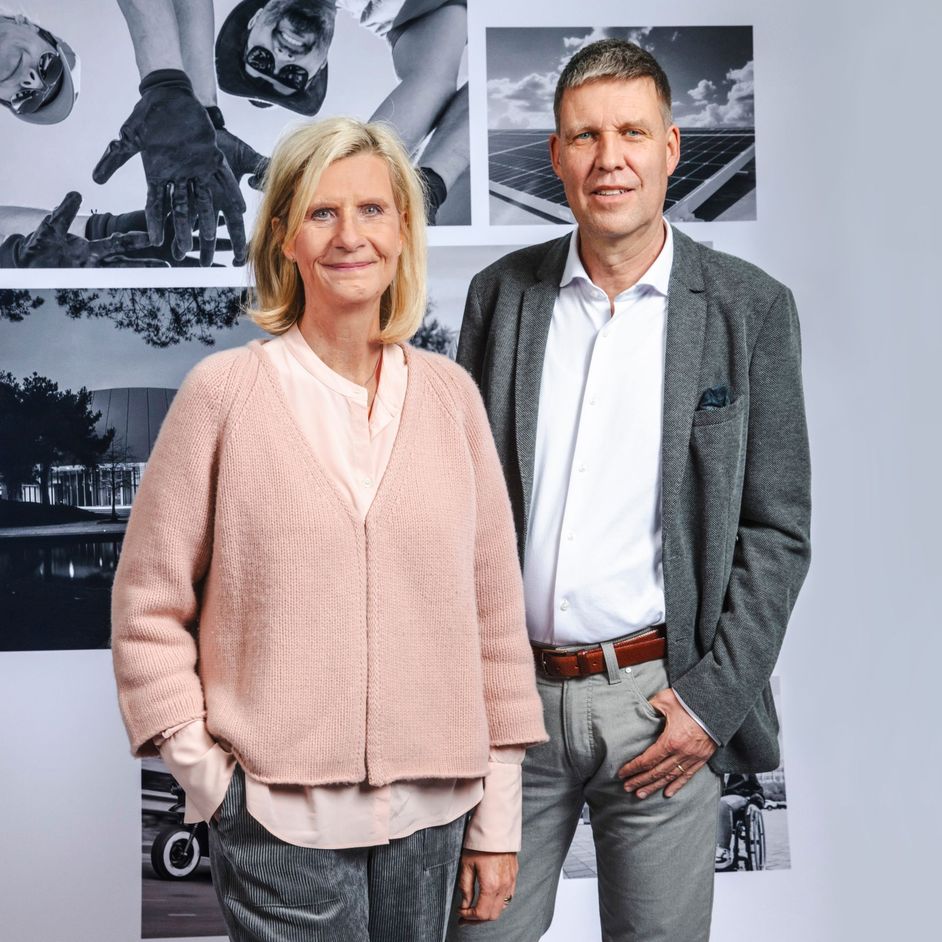
Corporate citizenship is a key element of the Audi sustainability concept and involves all activities in the company that create added value for society over and above the actual business. “Our goal is to be a good corporate neighbor at our production locations,” explains Ute Röding.
Being a good neighbor means minimizing our impact on the environment. After all, who wants to live in a community where neighbors treat nature carelessly? “Our environmental program Mission:Zero is a key element of our commitment at the production locations, bringing together all the relevant strategies for reducing our environmental footprint in production and logistics,” says Rüdiger Recknagel, Head of Environmental Protection for the Audi Group and Managing Director of the Audi Environmental Foundation. Mission:Zero focuses on decarbonization, efficient use of water, resource efficiency and protection and conservation of biodiversity. “Our goal at Audi is to minimize our impact on the environment and to ensure that we influence society in as positive a way as possible.”

All of these activities are consistent with the research projects initiated by the Audi Environmental Foundation. One example is the international oak forest project. The objective of this research is to establish how best to plant trees in order to achieve the greatest possible absorption of carbon and the best conditions for wide-ranging biodiversity. A further area was planted in Mexico as recently as 2022, which directly borders the Audi site in San José Chiapa. By now there are oak forests at all Audi Group locations.
Audi Stiftung für Umwelt GmbH – the Audi Environmental Foundation – is an active supporter of research in new technologies and scientific methods for a livable future. It was established quite deliberately in 2009 as a non-profit company and a wholly owned subsidiary of AUDI AG.
Its declared aim is to help protect the environment, to create and promote opportunities for sustainable action and to inspire enthusiasm for environmental issues. It also wants to raise awareness among people of all ages, build up knowledge and make a social contribution to a future worth living in.
In summary, positive development of the Audi production locations through social responsibility and commitment to the environment plays a key role in the sustainability efforts of the Four Rings. It is an issue where actions speak louder than words. This can be clearly seen from a glance at the main regions where Audi is active.
Mexico: Committed in North America
Although the plant in Mexico is the youngest of Audi’s five production locations, far-reaching changes are already apparent there. “Not only do we have numerous CC projects in Mexico, we also have a positive influence on the state of Puebla and the city of San José Chiapa itself through our production locations,” says Ute Röding. “For Audi, the factory is more than a financial investment of more than 1 billion euros. It is an expression of our belief in the economic strength of Mexico and the people who live there. The most distinctive aspect therefore is probably the plant itself: It is the first in the country to manufacture vehicles in the premium segment.” It therefore holds a special place in the Mexican automotive industry. Since production commenced in September 2016, more than one million Audi Q5 cars have rolled off the production line.
Economic strength and lasting changes
The economic key figures from Audi’s investment speak for themselves: From its foundation to the present day, Audi México has created more than 5,000 jobs – a much higher number than planned before construction. In addition, more than 20,000 jobs have been created indirectly in the region since Audi established itself in Mexico. The population of San José Chiapa has grown annually by an average of just under three percent since the establishment of the Audi plant.1 That is almost twice as much as the growth in the state of Puebla, to which the municipality of San José Chiapa belongs. The construction of a large training center in San José Chiapa also demonstrates Audi’s long-term and far-reaching commitment to training the local labor force. More than 1,500 training courses are held here every year, with some 80 Audi apprentices additionally completing a dual education in line with the German role model. This training offers prospects locally for people and helps to secure their livelihoods.
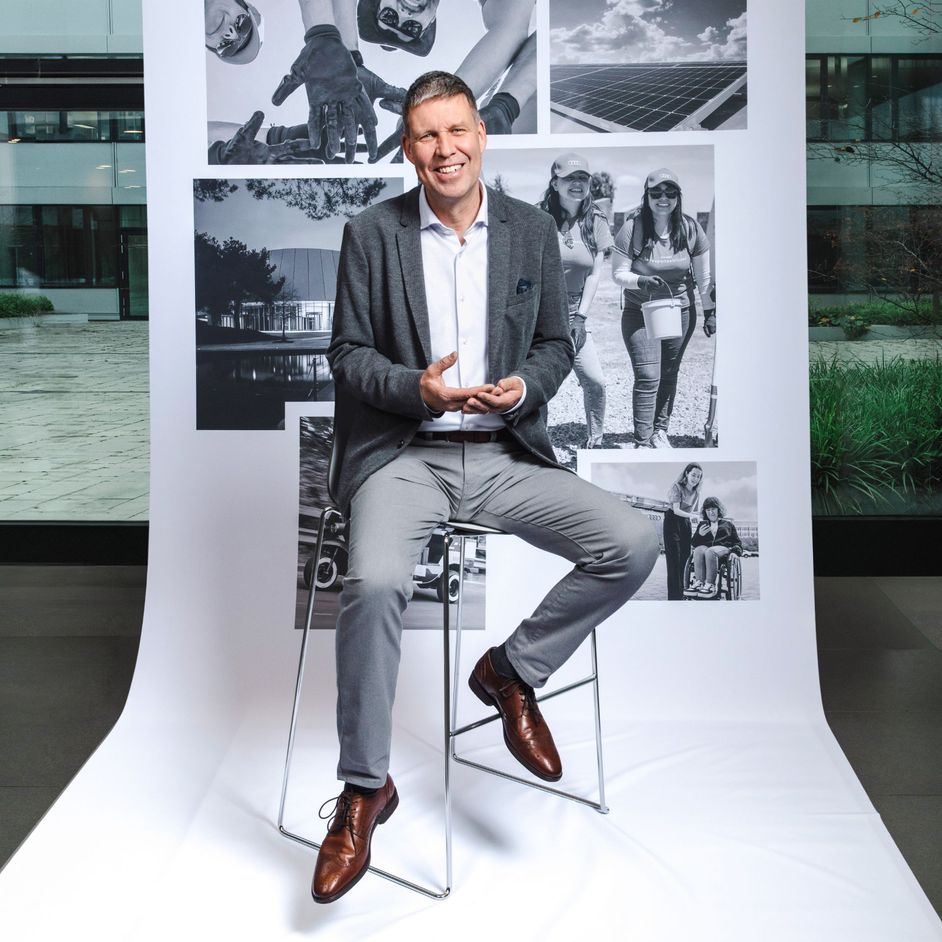
Rüdiger Recknagel, Head of Environmental Protection for the Audi Group and Managing Director of the Audi Environmental Foundation
Environmental sustainability
The Mexican plant is a shining example within the Audi Group thanks to an environmental concept tailored to the challenges that exist locally. This is particularly evident when it comes to the topic of water, since water is one of the most valuable resources in the world. Conserving resources is therefore especially important in a country like Mexico that is threatened by drought. Audi took some initial steps here early on: As early as 2018, the San José Chiapa location became the first plant of a premium carmaker worldwide to produce vehicles completely without waste water. It therefore serves as a role model within the entire Audi Group.
Since 2022, the plant has also sourced practically 100 percent of the total electricity it requires to produce the Audi Q5 from renewable sources of energy. “It is another step on the path toward net carbon-neutral2 production, which is to be achieved at all Audi production locations worldwide by 2025 as part of the Mission:Zero strategy,” says Rüdiger Recknagel. “The plant in San José Chiapa is already well on the way to achieving this goal.”
Taking responsibility locally
The Audi México plant is located in the developing region of San José Chiapa, where education is an important action area. Fewer than 25 percent of students at present complete their high school education. Similarly, a large percentage of the population still has no access to a computer or the Internet. Many social projects at Audi México therefore focus on raising the level of education and encouraging young people’s interest in school. For example, the two-year educational project “Enseña por México” was launched recently, which provides scholarships for a total of 200 high-school students. On successful completion, the students are given the opportunity to apply for the dual education program at Audi México. This project also offers classes in computers and English and finances glasses and hearing aids for schoolchildren.
However, Audi México is also involved in various social projects in the areas of health and sport. In 2022, for example, an Audi sports park was built and inaugurated, which not only includes a football stadium but also offers possibilities for other sports, such as track and field. The intention is to provide children and young people with a safe space for sport, culture and fun. Another project close to the heart of Audi México is the Health Day, which in 2022, for example, offered children and adults free dental treatment.
These and many other projects prove how seriously Audi México takes its role in developing the region. “The plant acts as a reliable corporate citizen, which makes an important contribution as a member of society,” says Ute Röding. “San José Chiapa clearly shows how we are implementing our corporate citizenship strategy: always with an eye on local circumstances and on what will benefit the community locally. We don’t just set out a package of measures, we take responsibility and behave like a good neighbor.”
Hungary: Acting responsibly as a good neighbor
It is unlikely that any other company has shaped the north-western region of Hungary more than Audi Hungaria in Győr: Founded in
1993 as a pure production location for drivetrains,
production of vehicles began in Győr just five years later. “There is a special type of symbiotic relationship between Audi, the plant, the region and the people. The sense of commitment and the connection to the brand can be felt everywhere,” explains Ute Röding.
In July 2023, the two millionth Audi rolled off the production line in Győr – an Audi RS Q3. More than 170,000 vehicles (2022) leave the plant every year – in addition to more than 1.6 million engines (2022), which are supplied from here to 37 production locations of the Volkswagen Group. Ute Röding: “The people of Győr are proud of what they have achieved: With a workforce of some 12,000 employees, Audi Hungaria is one of the largest exporters and most profitable companies in the country. Audi is an important driver in the development of the Hungarian economy and many careers.”
The company supports careers, for example, through forward-looking and practical training programs as well as close collaboration with partner universities. The Széchenyi István University of Győr is a particularly good example of how far Audi’s CC commitment stretches in terms of being a good neighbor. It is an academic partner with a Faculty of Automotive Engineering and seven chairs – and Audi established this faculty together with the university.
Audi RS Q3: Fuel consumption (combined) in l/100 km: 10.1–9.5CO₂ emissions (combined) in g/km: 228–216CO₂ emission class: G
Audi RS Q3: Fuel consumption (combined) in l/100 km: 10.1–9.5CO₂ emissions (combined) in g/km: 228–216CO₂ emission class: G
“In terms of the environment too, the plant in Győr is a role model for other Audi locations,” explains Rüdiger Recknagel. Audi Hungaria is the largest user of industrial geothermal energy in Hungary. The company has met more than 70 percent of its thermal energy needs with geothermal energy since 2015. Rüdiger Recknagel explains, “In addition, the roofs of the two logistics centers house what was the largest rooftop photovoltaic system in Europe at the time it was constructed, extending to some 160,000 square meters. This equates to the size of around 23 football pitches. It has a peak power output of 12 megawatts.” Audi Hungaria has been net carbon-neutral2 since 2020, making it the Audi Group’s second net carbon-neutral site after Audi Brussels.
Belgium: Pioneer when it comes to net carbon neutrality
The Brussels plant is the first in the world with independently certified net carbon-neutral
2 volume production in the premium segment. “We achieved this by switching to green electricity as early as 2012 and installing the largest photovoltaic system in the region on the plant premises,” explains Rüdiger Recknagel. Environmental standards at the Brussels plant are at the highest level, thus proving Audi’s commitment to being a good neighbor. For example, by moving a large portion of transport from road to rail, this significantly reduced HGV traffic in the city – something that greatly pleased many local residents.
Deeply committed to social issues
Ute Röding confirms the impact on society: “In terms of CC as well, the production location is a very special jewel among Audi plants.” And why is this? “The comparatively small workforce – just under 3,000 people work at Audi Brussels (status: 2023) – is highly cohesive and shows deep commitment to corporate citizenship activities.” Audi employees are committed to greater diversity, share their knowledge of electric mobility with students and are firmly dedicated to helping disadvantaged people, for example, by collecting donations in kind for refugee communities (see gallery).
The motivation to pursue social issues is part of our self-image that has been cultivated over a long time: Vehicles were produced in Brussels as early as 1949. Before the plant was taken over by AUDI AG in 2007, it had belonged to Volkswagen AG since 1970, producing various models of the Volkswagen Group. “Automotive engineering therefore has a far-reaching tradition in Brussels and has contributed to the prosperity of the region,” explains Ute Röding. And Audi made sure at a very early stage that the plant was well positioned for the future of electric mobility: It was the first production site where the brand’s first fully electric model, the Audi e-tron, entered series production.
Germany: Active involvement at company headquarters of the Four Rings
Here’s a thought: What would Ingolstadt look like if Audi did not exist? “The city and the entire region have been and continue to be heavily shaped by the Four Rings. Practically everyone in the region knows someone who works for the company or a supplier company. Tens of thousands take part every year in sponsored cultural or sporting events and use the infrastructure that has evolved over the course of decades,” says Ute Röding. Nursery schools, sports grounds, clubs – the company is the economic engine of the region and its employees leave their mark in every corner of the city with their commitment and dedication.
A glance at the population figures gives an idea of the economic upswing the brand with the Four Rings has provided in the region. As of 2023, Audi employed some 40,000 people in Ingolstadt – that is more than the entire population of the city at the end of the 1950s. Ute Röding: “Of course, not everyone lives within the walls of the city, many live in the region, in Munich or other major cities. But we are still talking about 40,000 people dedicated to promoting their own environment and shaping the future – through their work, but also outside normal working hours and outside the plant premises.” Which CC commitment merits special recognition? Ute Röding doesn’t think twice: “The international
Audi Social Day in summer 2023! Under the motto “We live responsibility,” more than 1,000 Audi employees provided support to nursery schools, care homes, refugees and people with disabilities.”
Care of the environment is an important priority at the Audi Group’s largest production sites. Rüdiger Recknagel explains, “There are countless projects. A particularly good example is the refurbishment of a former refinery site. In co-operation with the City of Ingolstadt, we renovated and revitalized the site using cutting-edge technology, without sealing any more space. As much as 15 hectares of land were renaturalized and returned to nature.” The environmental project is one of the largest of its kind in Germany and unique to date in Bavaria. The incampus technology park is being constructed on the site, which in turn focuses on the technologies of the future as well as on security and sustainability.
170 kilometers further west, in Neckarsulm, the Mission:Zero environmental program is focusing on sustainable use of water. “It is of course not surprising in a city that gets its name from the two rivers in the region that water is an important issue for the people,” explains Rüdiger Recknagel. “The goal is to halve the ecologically weighted water consumption3 at Audi production locations globally by 2035 compared with the base year of 2019. Our plan in Neckarsulm is to develop a closed water cycle for process water with the support of the sewage treatment plant adjacent to the plant. The facility in question is currently under construction.”
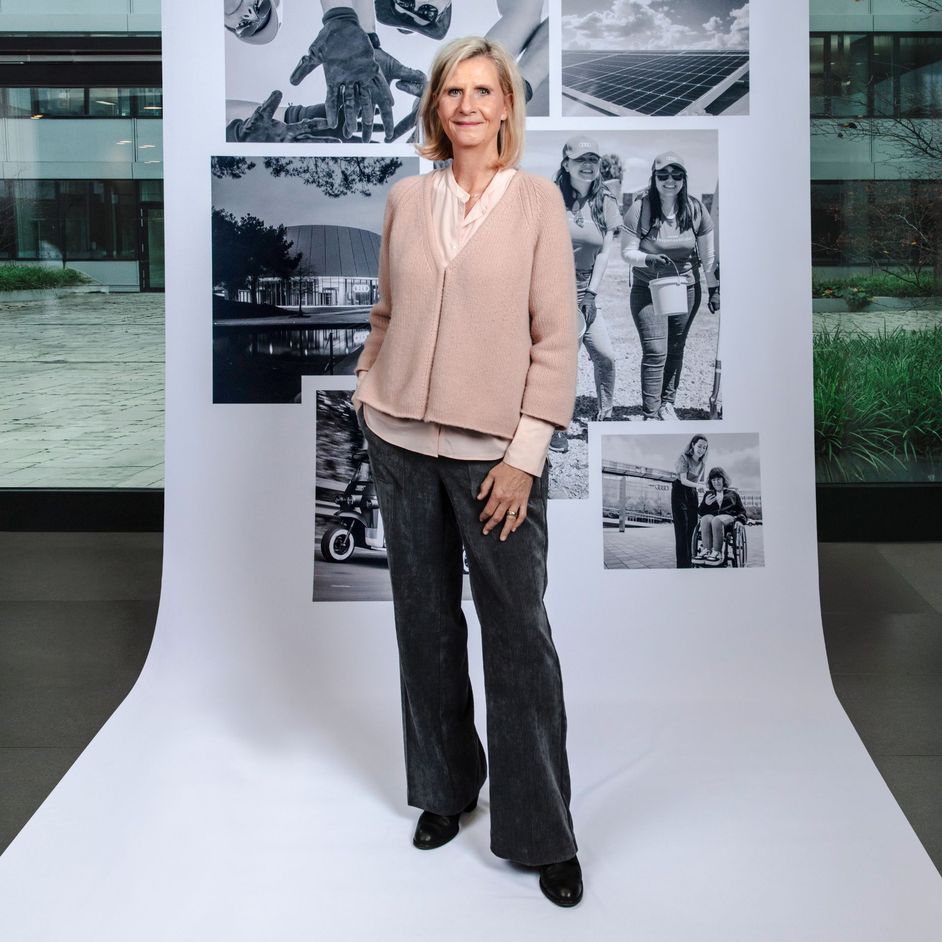
Ute Röding, Head of Corporate Citizenship (CC) Audi Ingolstadt
Actions speak louder than words
The CC commitment of the more than 15,000 employees in Neckarsulm is also special. “As a good corporate citizen, Audi contributes significantly to ongoing local development,” says Ute Röding. Audi engages actively with the communities and local companies, associations, educational centers and social institutions with the aim of continually increasing the quality of life locally. One of the key priorities both in Ingolstadt and Neckarsulm is to encourage the voluntary commitment of employees, – something the plant has been doing for more than ten years under the motto “Audi Volunteers.” In addition to fixed volunteer days, team activities take place throughout the year in social institutions. An internal volunteering platform provides employees with information about numerous projects in which they can get involved, some even during working hours. The projects range from refurbishment work to application training or social media support.
From Mexico to Hungary and Belgium to Germany – Audi’s commitment to the environment and society is wide-ranging. And yet it is only a small part of what the company does, since the Audi Group is far more than what goes on at the five production locations mentioned. There are also thousands of committed employees in Audi Group companies, for example, at Lamborghini, Bentley and Ducati. And last but not least, hundreds of dealerships all around the globe dedicate themselves at their locations and take on social and environmental responsibility in the spirit of the Four Rings.
